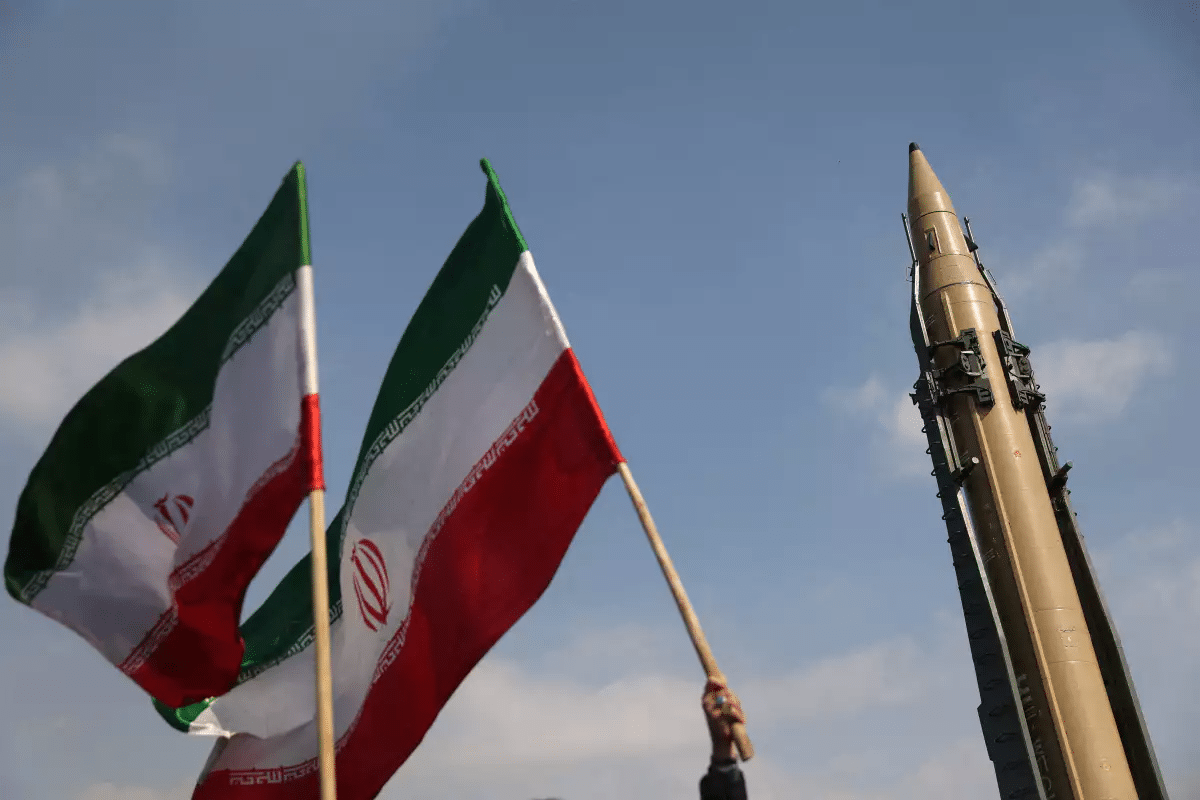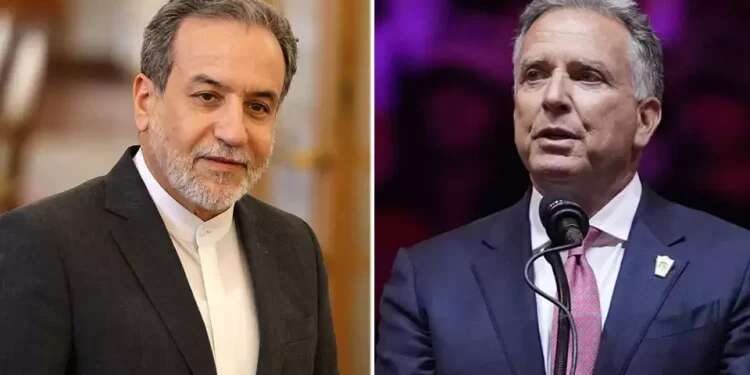Three international sources familiar with the recent US-Iran nuclear talks have revealed new details about Saturday's meeting in Muscat, Oman.
The initial phase, deliberately staged to appear "accidental," saw both delegations enter the same room, where Steve Witkoff and Iranian Deputy Foreign Minister Abbas Araghchi encountered each other as if by chance. While some delegation members withdrew to separate rooms, Witkoff and Araghchi sat down for a direct conversation, joined by Omani Foreign Minister Badr al-Busaidi, in a lavishly decorated corner of the hall.
The direct dialogue lasted over 40 minutes, though Iran later denied the length of the meeting, claiming it lasted only a few minutes and attributing the initiative to Oman. However, sources confirmed the meeting was prearranged, contradicting earlier claims that it was a chance hallway encounter on the way to separate meeting rooms.
This was far more than a diplomatic courtesy call. According to sources, Witkoff conveyed President Donald Trump's preference to resolve disagreements through a deal, stressing that Iranian engagement would open the door to a better economic and political future, with major investments from the West - possibly even from the US. Araghchi reiterated that Iran had no interest in developing nuclear weapons, and called on the US to begin lifting sanctions during the negotiations as a goodwill gesture. He invited Witkoff to visit Tehran, and the envoy did not dismiss the offer.

After the meeting, both sides returned to their respective rooms while Omani mediators began relaying messages between the delegations.
The Americans demanded a complete dismantling of all military-related nuclear capabilities but did not object to civilian nuclear use. They also insisted on strict and ongoing oversight of Iran's remaining nuclear facilities, not only by the International Atomic Energy Agency but by an additional US or international body, at least for the first years of any agreement. So far, the Americans have not raised other demands, such as limits on Iran's ballistic missile program or its support for terrorist organizations including Hezbollah, the Houthis, Iraqi militias, and Palestinian terror groups. This is a key reason for the optimism expressed by the Iranian regime and pro-government media outlets.
Iran prioritized the immediate freezing or partial lifting of sanctions, particularly those targeting Chinese port and refining companies that handle the majority of Iranian oil exports. These sanctions, imposed in recent months, have slashed Iran's export volume and revenue. Iranian officials argued that the 2015 Joint Comprehensive Plan of Action (JCPOA) met all international demands and should be reinstated. They also demanded guarantees that lifted sanctions would not be reimposed unilaterally in the future, as Trump did in 2019. A similar request had been made to Biden administration officials two years ago but was rejected on the grounds that future presidents cannot be bound from altering policy.

At the conclusion of the talks, the framework for the next meeting was agreed upon, with Omani Foreign Minister Badr al-Busaidi and his team expected to participate again. Iran insists that the principle of indirect talks must remain in place. Iranian media reported Israel's "dissatisfaction" with the progress of the talks, claiming that Israel was attempting to sabotage them. This narrative is helping conservative Iranian parliamentarians, who previously opposed the talks, justify their sudden flexibility and policy shift.
The next round of talks is scheduled for this coming Saturday. After discussions on both sides, Iran favored Vienna as the host city. The Americans, however, preferred not to be associated with the 2015 agreement signed in the Austrian capital. Ultimately, Rome was selected, possibly as a nod to Italian Prime Minister Giorgia Meloni, whose ties with Trump are reportedly strong. The shift to Europe could also signal the renewed involvement of the three European powers - Britain, France, and Germany - that were party to the original agreement. The three nations released a joint statement saying they are closely monitoring the talks and reiterated that diplomacy remains the best path to preventing Iran from acquiring nuclear weapons.
Israel and many in Washington remain deeply concerned that Iran is dragging out negotiations to achieve a freeze on at least some sanctions. President Trump responded to these fears by stating that he would make a decision "very soon." For now, however, no concrete agreements have been reached beyond a commitment to continue negotiations. The sanctions remain in place, as does the military threat posed by the US and Israel toward Iran.




